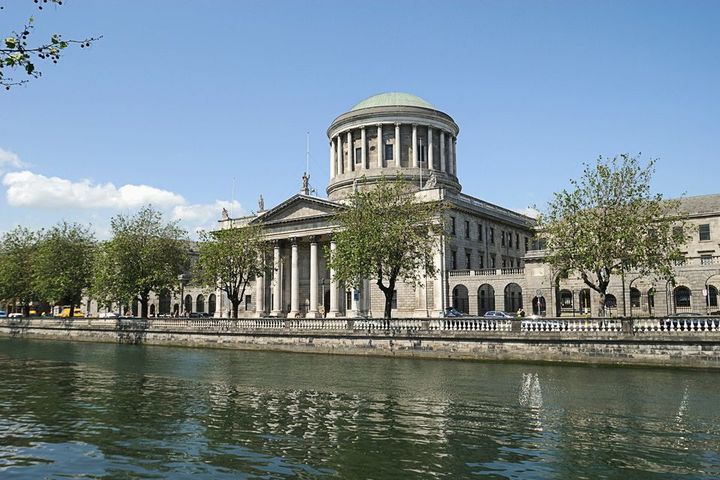
The woman, who came to Ireland in 2022, cannot be named for legal reasons.
She applied for international protection, but her application was ultimately rejected by the International Protection Appeals Committee (IPAC) after determining that several aspects of the woman's story were not credible.
However, in a judgment, Judge Mary Rose Gearty quashed IPAC's decision on the grounds that the grounds for the rejection of her application had not been properly and fully explained to her.
The woman challenged IPAC's findings through judicial review proceedings in the High Court.
In her decision, the judge found that there were “a combination of factors” that convinced the court that “the tribunal must review its decision”.
The tribunal, she said, had rejected the applicant's statements about certain events “without specifically explaining why her account is not credible”.
The judge said the tribunal also rejected medical evidence in support of her claim, “but only to the extent that it would support the woman's history.” No explanation was given by the tribunal as to why this evidence was rejected, the judge said.
The judge noted that the woman, a college graduate, claims her father wanted to become a tribal chief more than a decade ago, when she was a teenager.
She claims she heard her father, described as a violent, psychotic man prone to alcohol abuse, say during a telephone conversation that he wanted to “use her body parts in a ritual sacrifice” as part of his bid to become a chef.
The judge said that “critical to an Irish understanding and assessment of this story” is the fact that this type of sacrifice is not only historically associated with some tribes in Botswana, but that there is also support in IPAT's country of origin information that the practice of using human body parts for tribal rituals continued at the relevant time.
The judge said the woman had claimed her father hit her head on the car's steering wheel while driving in 2012.
This caused her to veer off the road. She claims he then tried to strangle her.
She did not report this to the police because her father is an important man, and she was afraid she would be told this was 'a tribal matter'.
She also linked other incidents, including the chase and attack in her college building by an unknown person and the theft of her laptop, to her father.
Five years ago, she claims two of her friends were killed when a car she was in was run off the road by another vehicle, which sped away.
She acknowledges that she did not tell police that she believed her father was involved in the incident for which she felt terribly guilty.
Fearing for her own safety, she left her native country and sought protection in Ireland.
The woman claimed that her mental health was seriously affected by these events, causing her to suffer from depression, anxiety and PTSD.
The judge said the tribunal's consideration of a medical report and its conclusions “led me to the view” that the report had either not been considered at all before the credibility finding was made and was then “read in such a way as to better reflect that finding'. ”.
The judge added that if the report was read prior to that finding, its implications for assessing the applicant's credibility were not appreciated, or that the rules relating to the assessment of expert evidence were not applied by the decision maker, or both.
The judge said that although the tribunal had identified some inconsistencies in the woman's application, nothing in the analysis of the case supported the decision to reject part of the medical report.
If the implicit view is that the story is simply unbelievable and this conclusion has led to the rejection of part of the expert report, then this must be explicitly stated and the logic explained, the judge said.
This was “a possible explanation for the decision taken, but it is impossible to know,” she added.
In the circumstances, the judge said she was quashing IPAC's decision to reject the woman's application for international protection and referred the case back to the tribunal for reconsideration.
